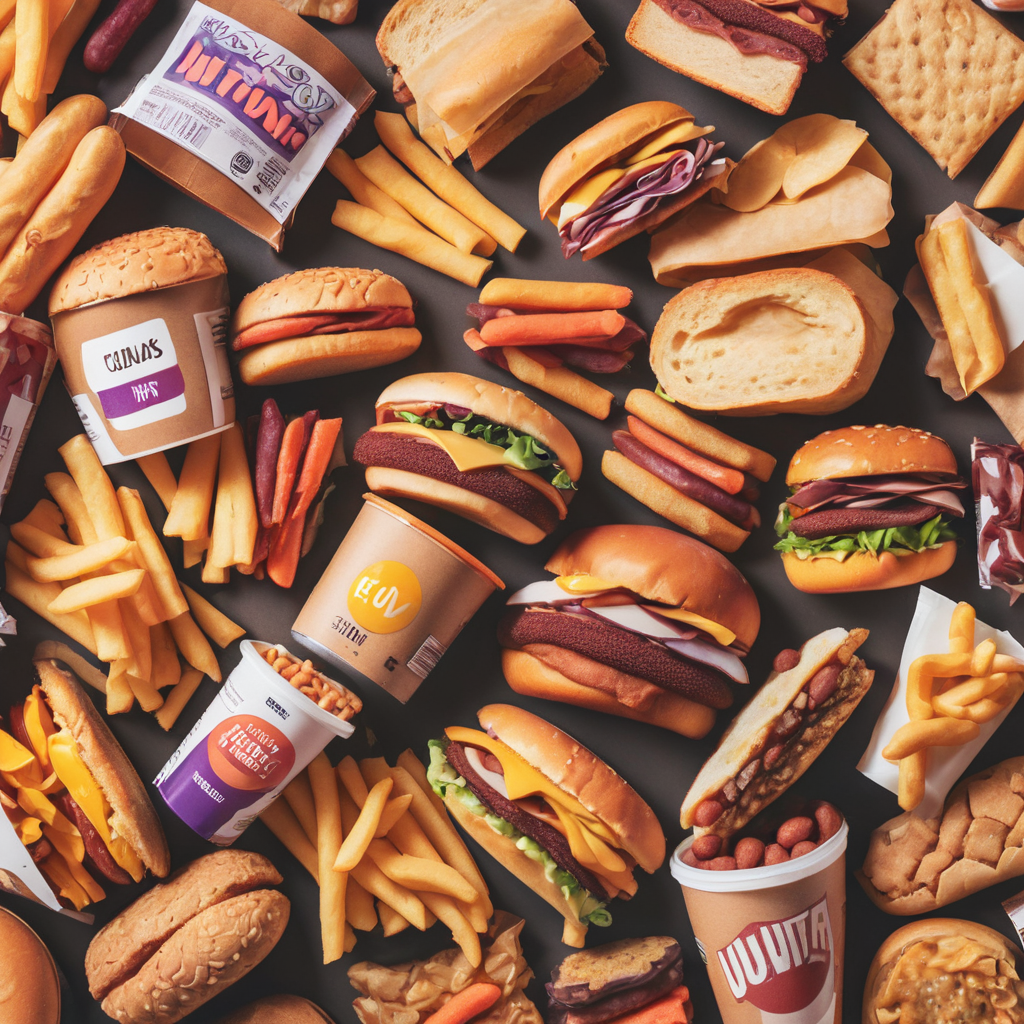Have you ever wondered what happens when you swap out fresh, whole foods for ultra-processed ones? Dr Chris van Tulleken, the presenter of BBC One’s What Are We Feeding Our Kids?, put this question to the test by following a diet composed of 80% ultra-processed foods for an entire month. His findings were eye-opening and might just change the way you think about your own diet.
The Experiment: What Happened?
Dr van Tulleken’s experiment was driven by a desire to understand the impact of ultra-processed foods on the body, particularly given that more than half the energy from food consumed in the UK comes from these products. Ultra-processed foods are those that have been significantly altered from their original form, often containing additives, preservatives, and flavourings.
The results were striking. Within just four weeks, Dr van Tulleken experienced a range of negative effects:
- Poor Sleep: He reported significant disturbances in his sleep quality.
- Physical Discomfort: Heartburn, constipation, and an increase in weight by nearly 7 kg were notable.
- Mental Health Impact: Feelings of anxiety, sluggishness, and a drop in libido were among the psychological effects.
Dr van Tulleken described feeling “ten years older” by the end of the month, and brain scans revealed that his brain’s reward system had become strongly linked to repetitive, automatic behaviour—similar to responses seen with addiction. This was alarming not just for him but for the broader implications on vulnerable populations, such as children and teenagers.
The Science Behind the Cravings
Dr Kevin Hall, a senior investigator at the National Institute of Health, conducted a parallel study comparing the effects of ultra-processed foods to minimally processed foods. The study found that those consuming ultra-processed diets ate over 500 extra calories per day and gained almost a kilo of body weight in just two weeks.
Several factors contribute to this:
- Increased Hunger: Ultra-processed foods led to a rise in hunger hormones and a decrease in satiety hormones.
- Faster Eating: The convenience and palatability of ultra-processed foods often result in quicker eating, which is associated with higher calorie intake.
- Intensified Cravings: The reward system in the brain, heightened by the consumption of high-carb and high-fat foods, makes it harder to stop eating.
The Takeaway: Balance and Moderation
Dr van Tulleken’s month-long experiment serves as a compelling reminder of the profound impact diet can have on our health. While completely avoiding ultra-processed foods may be impractical, especially given their ubiquity and convenience, moderation is key. Some ultra-processed foods do offer nutritional benefits and can be part of a balanced diet.
As Dr van Tulleken concludes, eating ultra-processed foods occasionally is unlikely to pose a significant health risk if the overall diet remains balanced. But being mindful of their potential effects and striving for a diet rich in whole, minimally processed foods can contribute to better health and well-being.
Making Every Day Count
Incorporating these insights into your daily life is about making informed choices. As you navigate through the myriad of food options, remember that every meal is an opportunity to invest in your health. By prioritising whole foods and being cautious with ultra-processed products, you can enhance your vitality and overall well-being.
Every day counts—make it a step towards better health.

